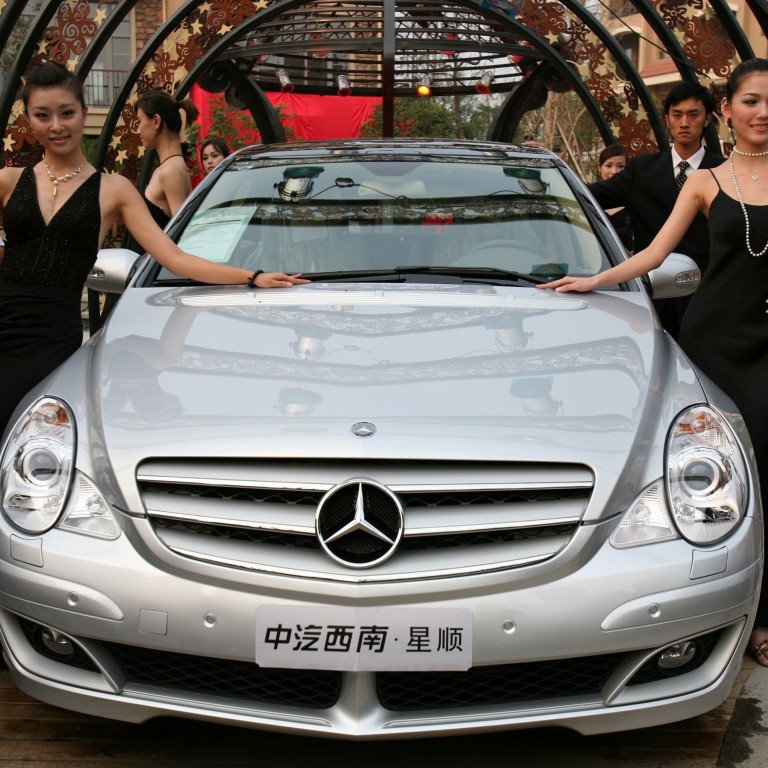
The top buzzwords of 2020 in China: from the country’s fight against Covid-19 to how a person shows off on social media
- A not-so-humble brag on social media about how rich or successful you are means that you’re good at ‘Versailles literature’ and a ‘Versailles masters’
- Frustrated parents at home were forced to take care of their ‘sacred beasts’ during lockdown – no, that’s not a term for pets, it’s a term for children
The top buzzwords of 2020 in China have been announced and, not surprisingly, many relate to Covid-19 and its impact on people.
“People first, life first” took first spot on the annual list compiled by literature and art magazine Yaowen Jiaozi. The term was used by Chinese President Xi Jinping before the National People’s Congress in May as the country fought the pandemic.
“The year 2020 has been a rough year because of Covid-19, and this year’s list of 10 Chinese buzzwords has been largely influenced by the fight against the pandemic, the country’s economic recovery, and people’s lives amid Covid-19,” the magazine wrote.
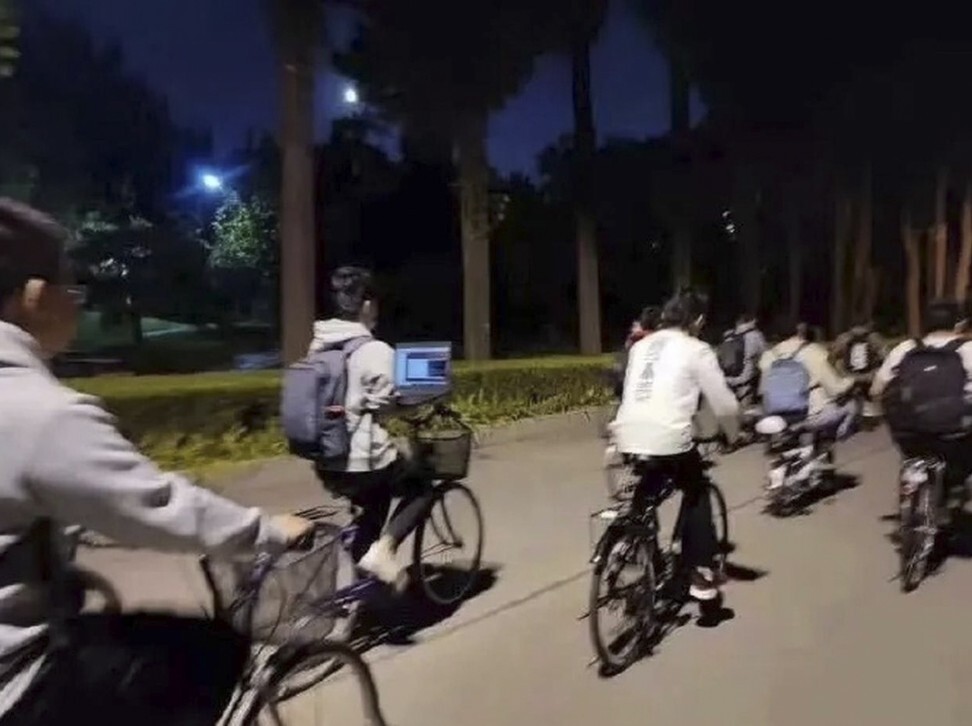
Other top buzzwords were “new wave”, “involution” and “Versailles literature”, trending terms that touched on social stagnation and wealth inequality in China.
“Involution” was originally used in anthropology to describe agrarian societies that stagnate because, while their workload increases, a person’s output does not or cannot. The term went viral in China in 2020 when it was used to describe a student at Tsinghua University in Beijing riding a bike while holding a laptop that was running code. The young man was “using his life to involute”, the viral post said.
China’s wealth gap drives young ‘losers’ online in search of solace
Ruan Danching, a sociology professor at Hong Kong’s Baptist University, says use of the term “involution” reinforces how much pressure there is in China for people to excel and earn a good living because of the intense competition for resources, the lack of social welfare, and traditional perceptions of success.
Ruan says one of her students is an example of this anxiety. The student agonised over whether to transfer his major from the sciences to sociology, something he really enjoyed learning. “He set out a really structured plan for himself. He thought if he took one wrong step, then his entire life would go off the rails. He was really anxious about making the decision.”
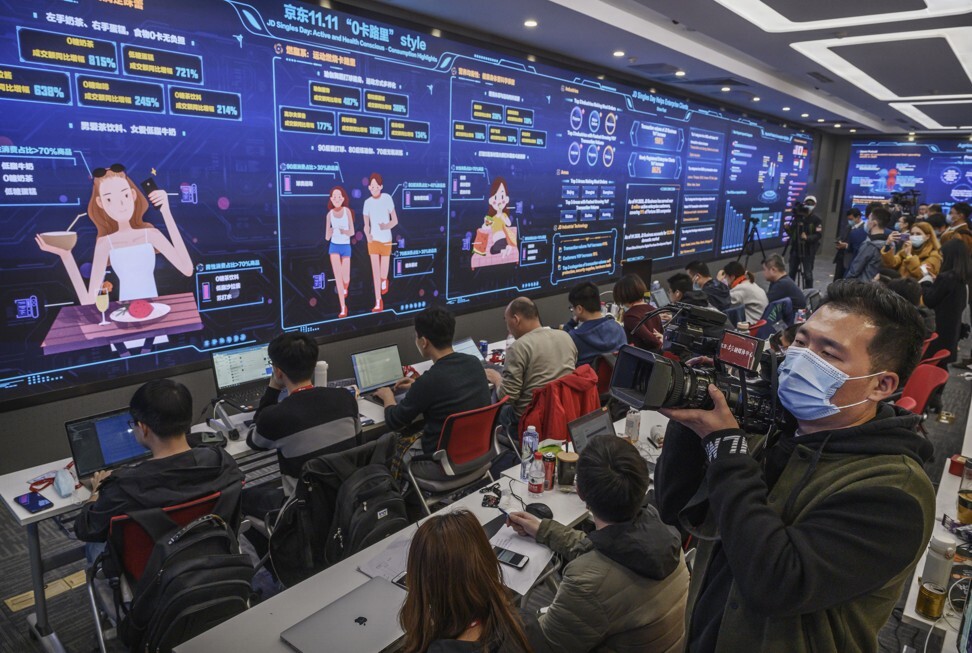
Four top buzzwords in China for 2020
New wave
Young Bilibili users balk at video celebrating their “rights” in China
The advertisement praised young people for travelling the world, driving sports cars and enjoying expensive hobbies. An actor in the ad says young people have a right that older generations did not have – the right to choose.
The commercial was polarising, with many slamming it as propaganda that ignored the reality of censorship, political control and wealth inequality in China. Social media users complained that even if they wanted to, they could not afford to do many of the things featured in the video.
“If the ‘old waves’ decide to raise the rent, the ‘new waves’ would immediately be struck down on the beach,” one viral comment read.
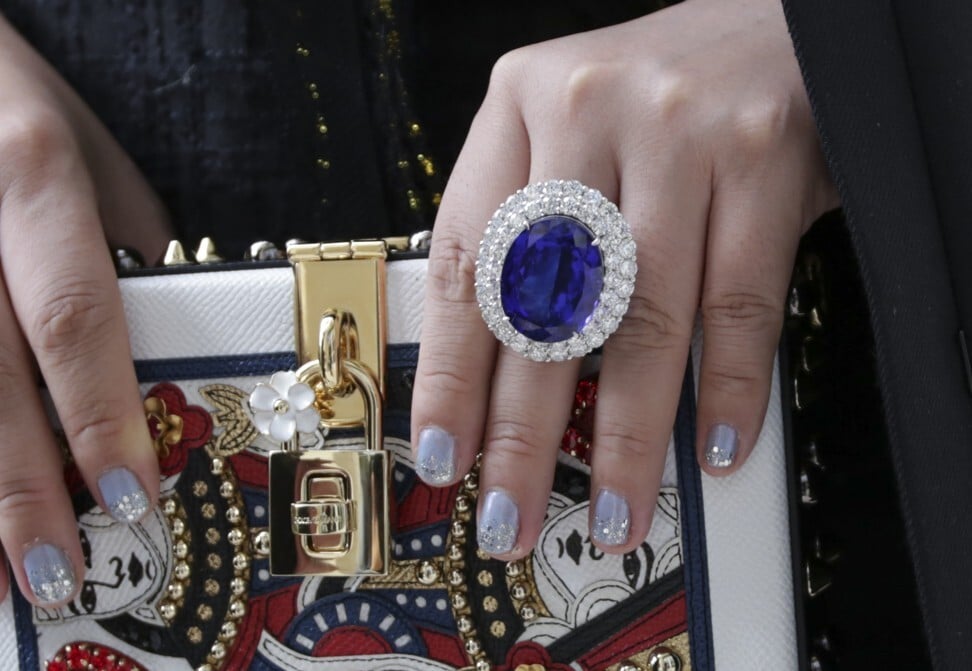
Versailles literature
This term was created in reference to a growing trend of writers flaunting their wealth or success on social media in a subtle or seemingly self-deprecating way. “I was five kilos [11 pounds] lighter this morning and was super happy, but I found out it was actually because I forgot to wear the massive diamond ring my husband bought me. What a disappointment,” is one example.
Those good at “Versailles literature” gain the mocking title “Versailles masters”. The trend illustrates the divide between the rich and poor in China, and the social inequality that continues to thrive in the country.
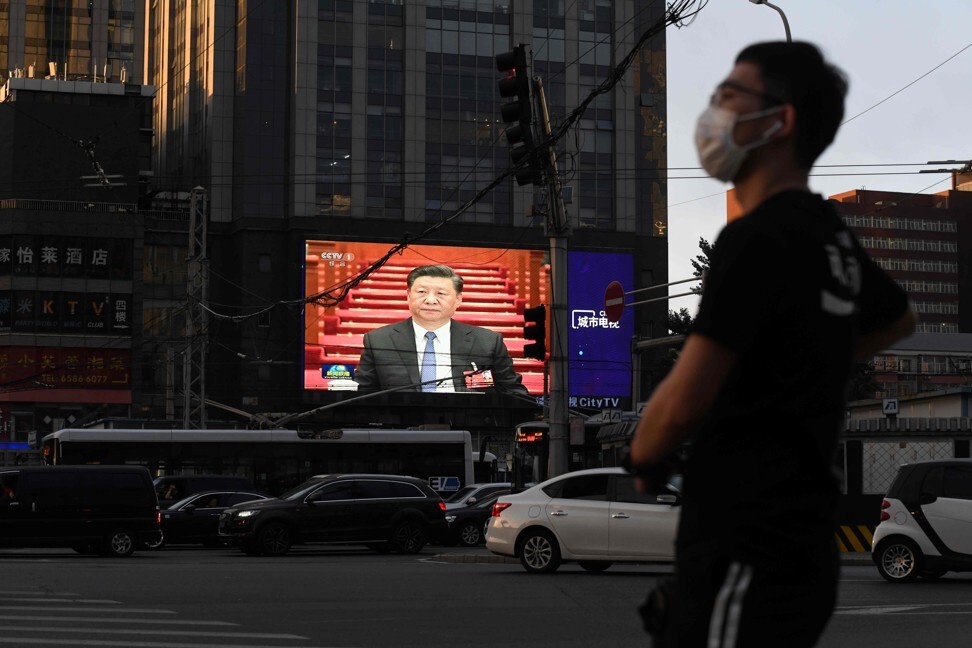
Dual circulation
The buzzword has appeared a lot in media as scholars and commentators talk about how “dual circulation” might impact the development of Chinese society.

Sacred beasts
The homes of many frustrated parents in China contained “sacred beasts” when schools were closed because of the pandemic. The term was coined for the children that tested many a parent’s patience this year.
The term sacred beasts is a reference to legendary creatures in Chinese folklore, such as dragons and phoenixes. Some of them brought good luck, while others needed taming.
Parents started calling their children “sacred beasts” as a term of affection (and perhaps frustration) as they tried to keep their focus on their studies during home schooling and, at the same time, keep them entertained as boredom set in from being stuck indoors.

